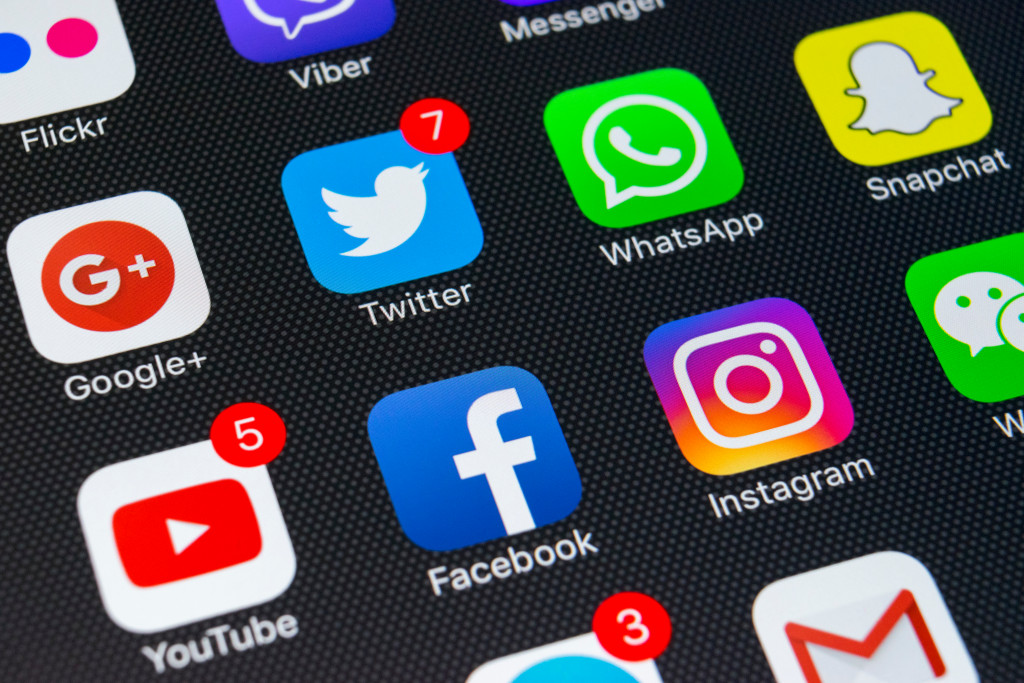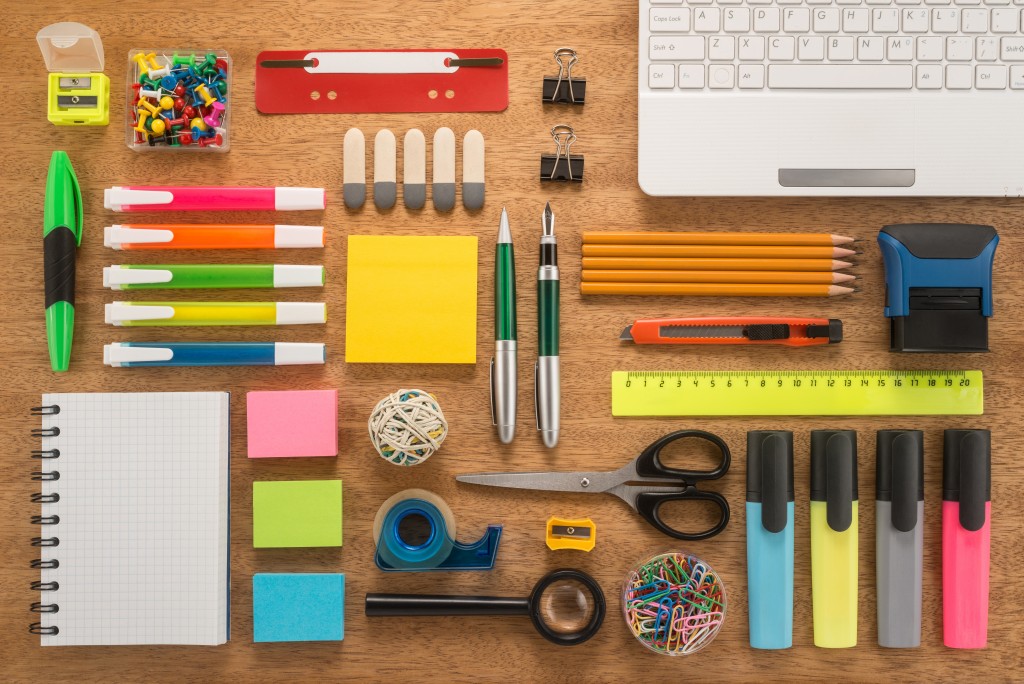It is essential to be aware of the adverse impacts digital media can have on our society. The adverse effects of the use of technology are not always readily apparent. Still, they exist and need to be considered when making decisions about how we interact with these technologies.
This article will explore these negative aspects in more detail and provide recommendations for mitigating their effects.
Addictive Nature
Although digital media has many positive aspects, its addictive nature can have several adverse effects. Compulsive social media, video games, and other digital devices can lead to diminished self-esteem, anxiety, and depression.
When used in excess, digital media can also interfere with schoolwork, work performance, and personal relationships. In addition, excessive screen time can cause physical problems such as headaches, blurred vision, and neck and shoulder pain.
While some people may be able to manage their digital media use without any difficulty, others may find it hard to break the addiction. For these individuals, seeking professional help may be the best solution. They can leverage a private counseling service to get rid of the addictive nature and control the use of their digital media use.
One of the main problems with digital media is its addictive nature. This is particularly true of social media, where users can become obsessed with constantly checking their feeds to see what new notifications they have. This can lead to anxiety and depression if people are not getting the attention they expect from their friends online.
Demolish Physical Health
The increased use of digital media has a profound effect on our physical health. Studies have shown that spending too much time sitting in front of a screen can lead to weight gain, neck and back pain, and even eye strain.
In addition, the constant exposure to blue light from screens can disrupt our sleep patterns, making it difficult to get a good night’s rest. And because we now carry our phones with us everywhere we go, we are always connected to work, leading to feelings of stress and anxiety.
While there are many benefits to digital media, it’s essential to be aware of the potential adverse effects on our physical health and take steps to limit our screen time.
Spreading False Information
With the advent of the internet and social media, the spread of false information has become easier than ever before. Anonymous sources and unverified reports can be quickly shared with a broad audience without vetting or fact-checking. As a result, false rumors and hoaxes can spread like wildfire, leading to confusion and misinformation.
This can have serious consequences, particularly when it comes to sensitive topics like health or politics. In some cases, people have been known to make dangerous decisions based on false information that they’ve seen online. For example, a recent case in which a mother gave her child bleach after seeing a false report that it would cure autism.
The spread of false information is a severe problem that we need to address. One way to combat this is by verifying the sources of information before sharing them with others. We can also use critical thinking skills to evaluate the information we see online and determine if it is credible.
Reduce Real-Life Interactions
In recent years, there has been a dramatic increase in the amount of time that people spend interacting with digital media. One of the most significant problems is that digital media can reduce real-life interactions.
When people are constantly interacting with their computers, tablets, and phones, they have less opportunity to interact with the surrounding people. This can lead to loneliness and social isolation, as well as a decrease in the quality of relationships.
Tips to Manage Digital Media Use
In our increasingly digitized world, it’s more important than ever to manage our media use. Here are a few tips to help you get started. First, take inventory of the time you’re spending online.
How much time are you spending on social media, browsing the web, or watching videos? Once you have a better idea of where your time is going, you can start to cut back if necessary.

It’s also important to be intentional about the content you’re consuming. Make sure that you’re following news sources that you trust, and avoid clicking on links that will take you to sensationalized or click bait articles.
Finally, remember to take breaks from your screens. Get up and move around regularly, and set aside sometime each day to disconnect from your devices. This will help you to stay healthy and balanced in a world that is increasingly becoming digital.
We need to be aware of these negative impacts and take steps to mitigate them where possible. Try to use digital media in moderation and be skeptical of the information we see online. We should also be aware of the dangers of over-reliance on technology and get outside and interact with people face-to-face. We can help ensure that digital media does not hurt our society by doing this.


